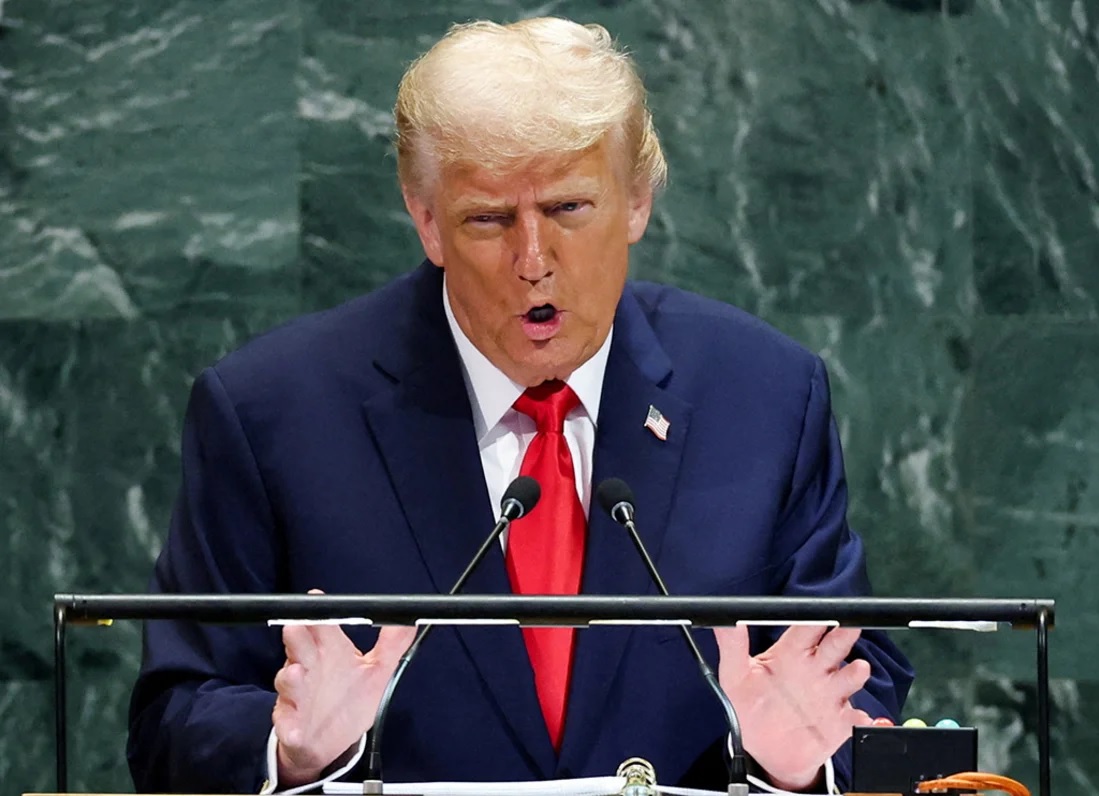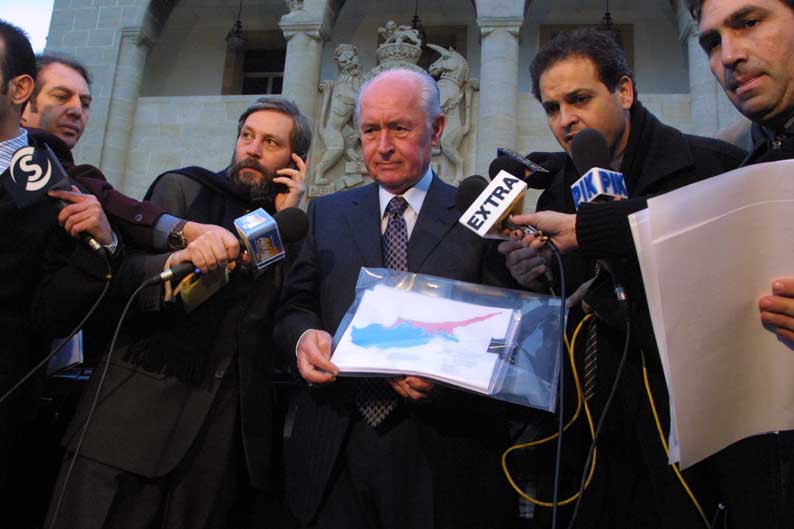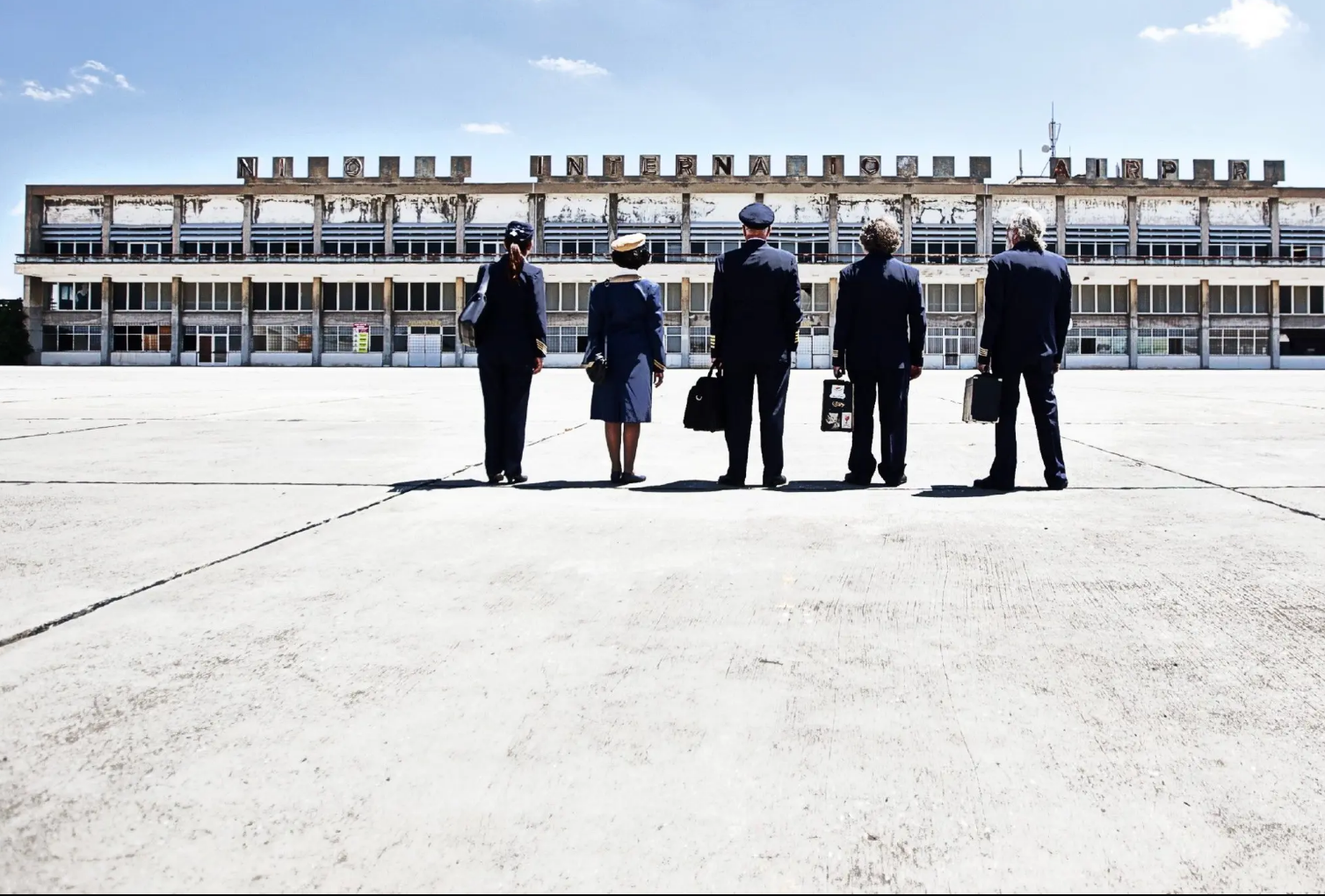In his UN speech Donald Trump chose to pour vitriol on almost everybody
For some time, I have been trying to understand how the West managed to lose its key champion: the United States. By “the West,” I mean the group of countries bound by broadly shared cultural, political, and economic characteristics—democracy and capitalism among them. More specifically, the West has embodied ideals such as individualism, secular governance, scientific inquiry, free markets, and human rights.
The United States was once a leader, or at least aspired to be, in all of these areas. Today, however, that leadership has faded. Individualism has been replaced by tribalism. Secular governance has yielded to evangelical Christianity. Scientific inquiry is mocked, with climate change dismissed as a hoax and even paracetamol for pregnant women treated as a potential cause of autism. Free markets—once the cornerstone of conservative thinking—have given way to tariffs and government intervention. And human rights, most notably free speech enshrined in the First Amendment, are being tested as we speak.
It would be easy for me to lay all this at the feet of Donald Trump. But that would be a mistake. Trump is not the cause but the symptom. America was waiting for someone like him. As Plato warned long ago, democracies risk sliding into autocracy. The question is why the United States, of all democracies, succumbed so quickly. My answer is that America has always championed the principle of “getting things done”—a “can do” ethos that elevates the idea that the end justifies the means.
Democracies, by design, sacrifice efficiency for legitimacy. But when a lack of effectiveness drives people to pursue ends by any means necessary, democracy gives way to authoritarianism—with unpredictable consequences.
Trump embodies this tendency. Consider the recent controversy over Jimmy Kimmel’s show (a regular Trump critic) on ABC, which was canceled after FCC Chairman Brendan Carr threatened to withdraw ABC’s license unless action was taken against the comedian. Kimmel’s offense? A set of clumsy, confusing remarks about the person who killed right-wing activist Charlie Kirk, who was shot on September 10 while speaking at Utah Valley University.
Kirk was murdered while exercising his right to speak freely. I may abhor his views, but I respected his right to express them. Kimmel deserved the same respect, but instead, he was taken off the air. The backlash was swift. Even Trump ally Senator Ted Cruz condemned the FCC’s threat to ABC, “we can do this the easy way, or the hard way”, noting it sounded “right out of a gangster movie.”
Under public pressure, Disney (ABC’s parent company) reinstated Kimmel’s show. Yet about a quarter of affiliates declined to air it, and Trump angrily responded with threats of legal action. Once again, coercion was deployed to enforce political loyalty.
The contrast between Kimmel’s return monologue on Tuesday and Trump’s speech at the UN General Assembly the same day, could not have been sharper. Kimmel apologised for his earlier comments but mounted a heartfelt defense of free speech, also honoring Charlie Kirk’s widow, who at Kirk’s memorial event forgave her husband’s killer in a moving display of Christian grace in a stark contrast to Trump who told the same audience:
“Charlie Kirk didn’t hate his opponents, he wanted the best for them. That’s where I disagreed with Charlie. I hate my opponent and I don’t want the best for them.”
In similar fashion, in his speech at the UN, Trump chose to pour vitriol on almost everybody. The most charitable description for his performance would be that it was embarrassing. I will not dwell more on what he said as you can see it yourselves first-hand. What I wanted to comment on was that similar to the internal backlash in defense of free speech, there was an international backlash against Trump’s approach to foreign relations.
The General Assembly voted overwhelmingly in favor of Palestinian statehood in a show of solidarity over the objections of Israel and the US. This regrettably has had no practical impact on the war in Gaza where Israel pushes ahead with the displacement of the Palestinians in pursuit of the Riviera of the Middle East that Trump so ill advised advocated for.
French President Emmanuel Macron on the other hand, outlined a plan for a stop to the hostilities in Gaza with the UN taking a more active role and taking temporary control over the territory. It is a vision that remodels the UN towards being more effective, something that Trump himself recognised as lacking. The efforts of Macron highlight the need, not only for the international bodies, but also of individual democratic governments to become more effective if they are to fulfill their roles. Otherwise, the dangers of groups resorting to any means necessary to achieve their aims will only increase.
The notion that the end justifies the means is something that both the radical left and the extreme right appear to have in common. For sure the end is quite different, but the idea that everything is fair play seems to be the norm that now prevails. The atrocious events by Hamas on 7 October 2023 cannot make what is happening in Gaza now acceptable. Nor can the horrifying shooting of Charlie Kirk, be a way to silence his views coming out, or indeed act as a pretext to silence critics of what he stood for.
If democracies fail to prove themselves effective, the radical left and extreme right will not remain fringe forces for long. Today, America appears firmly in the grip of the latter, abandoning the values that once made the West a beacon of attraction around the globe.
The loss was pointedly mourned recently by Stephen Colbert in his Emmy acceptance speech: “Nothing brings out more the love for something than when faced with the sense of losing it”. He added: “I haven’t loved my country more than I do right now.”
P.S. On a lighter note, if you do watch the speeches by Kimmel and Trump referred above, don’t miss Macron’s hilarious exchange with a New York police officer while stuck in UN traffic this week.







Click here to change your cookie preferences